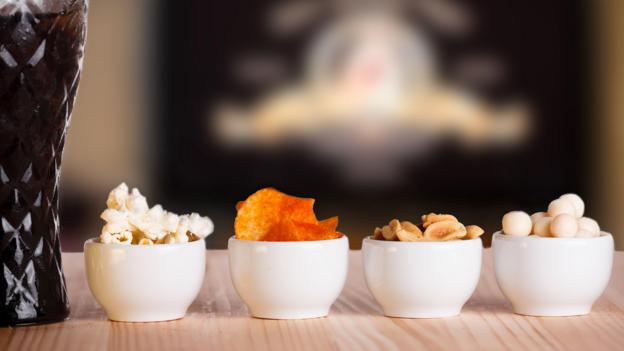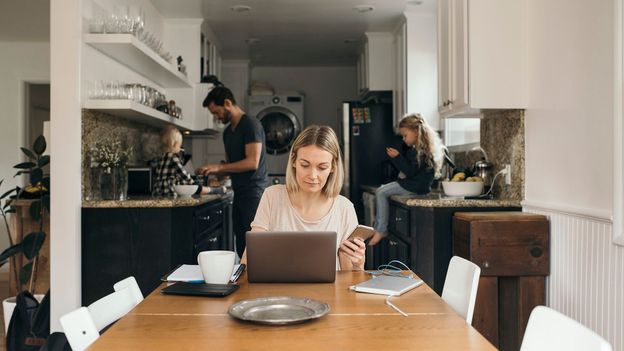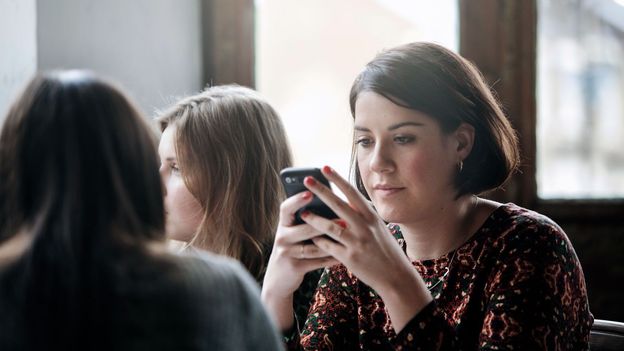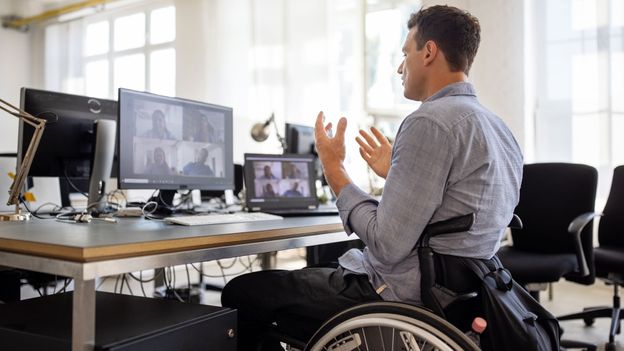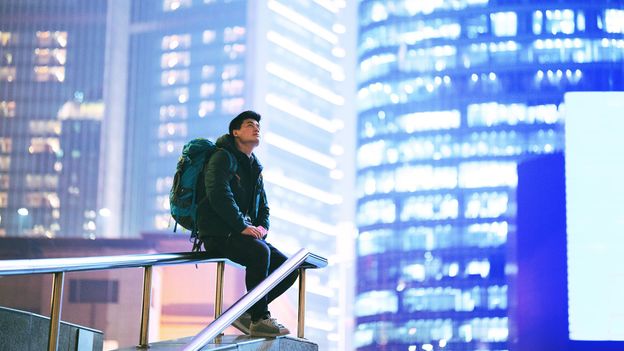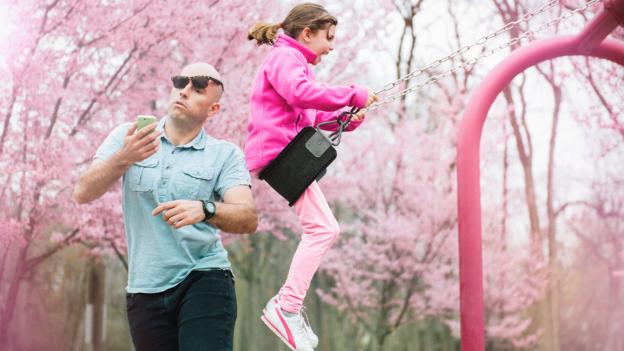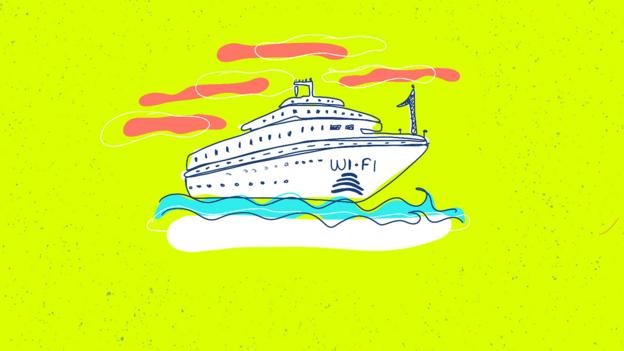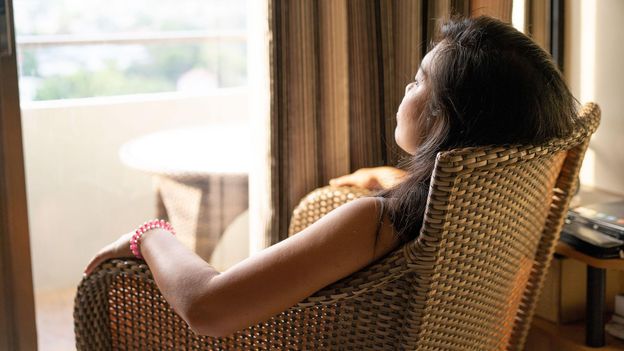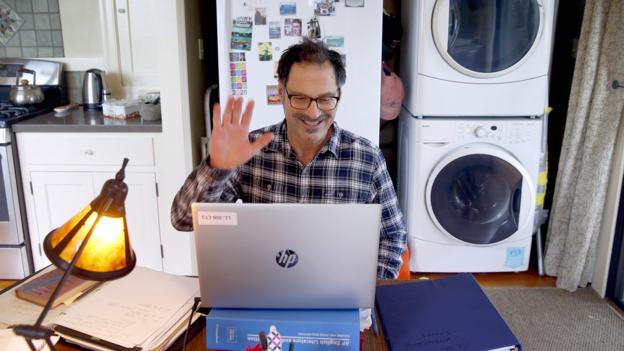Another stressor at the moment is increased boredom, which is linked with emotional eating. At the same time, people have become untethered from many of their usual coping strategies, such as meeting up with friends and spending time in nature.
Caroline Kamau, an organisational psychologist at Birkbeck, University of London, whose research links burnout to binge eating, points to five risk factors that might now make someone especially prone to this common form of disordered eating:
1) Mental health problems, especially anxiety and depression
2) Body image issues, including frequent dieting and weight changes pre-pandemic
3) A highly impulsive personality, which might take the form of excessive gaming, gambling or drug use
4) Emotional eating, for instance reaching for food when upset
5) Friends and relatives who have disordered eating
“Most people probably binge eat once in a while but wouldn’t be classified as having binge-eating disorder,” Kamau is careful to point out. For instance, it’s common to devour a whole pizza once in a while, and this wouldn’t be concerning. Yet a milder form of this may be becoming more frequent now, even if it doesn’t reach the threshold of a disorder. “When you’re in a situation where you’re highly stressed, you’re more prone to engage in disinhibited eating,” Warren says.
While over-eating can feel good in the short term and provide initial comfort, this doesn’t last. That first flush of feeling good is often followed by guilt, which increases distress.
Connect with family and friends
So how can we maintain a healthy relationship with food at a time when there are limited avenues for fun and higher levels of stress?
The US Substance Abuse and Mental Health Services Administration has a fact sheet on coping with stress during infectious disease outbreaks. Though it was published in 2014, and specifically mentions Ebola, many of the recommendations remain relevant for Covid-19.
A key suggestion is finding social connection. In my WhatsApp group of fellow vegans, we’ve been sharing photos of our “corona cupboards” and some of our meals. It’s a way to practise photography and exchange practical tips, but also to continue connecting by means of food – the very thing that brought us together in the first place. It’s a means of making food a more social experience, especially for those of us who live alone or live with non-vegans.

